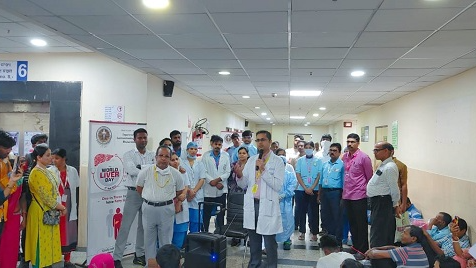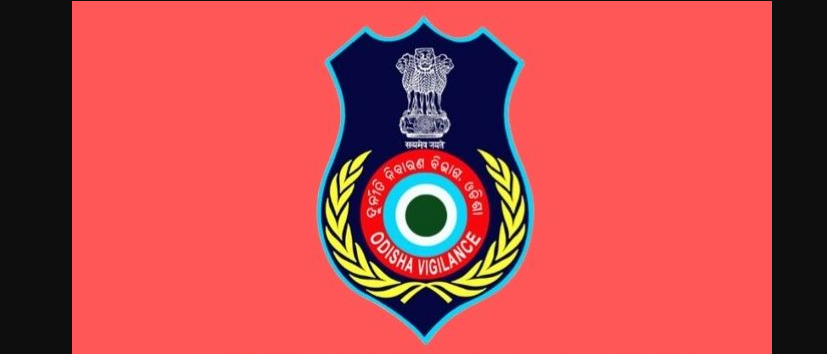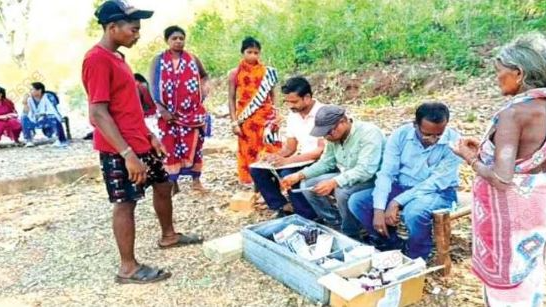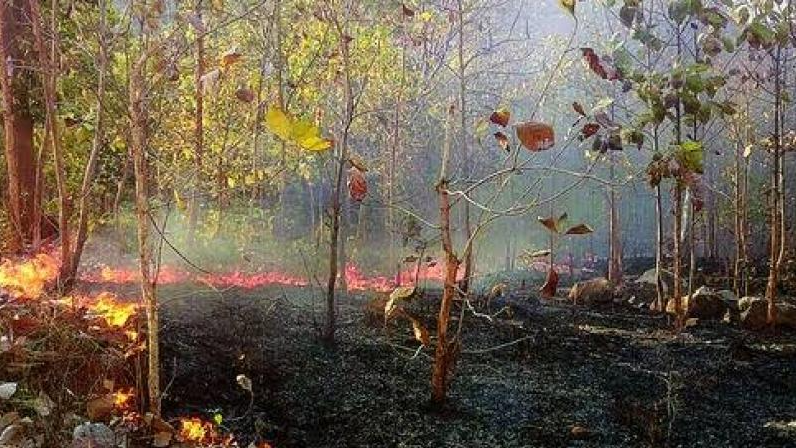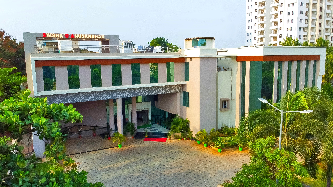Mangrove genome decoded
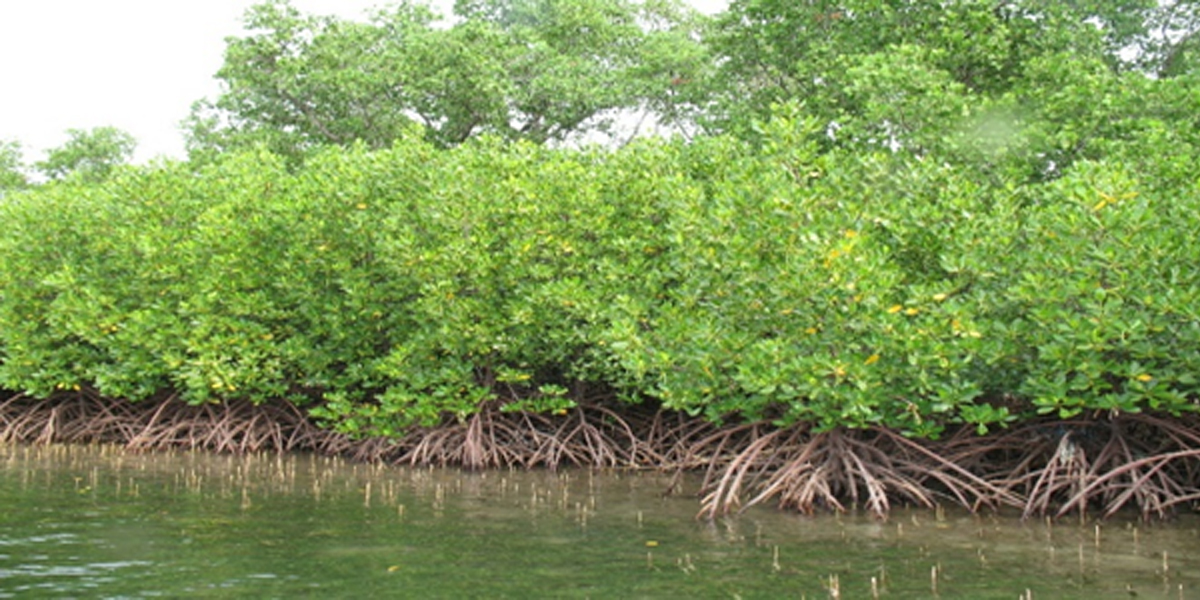
Bhubaneswar, July 10: In a significant research outcome, the research group of Director Dr. Ajay Parida at Institute of Life Sciences, Bhubaneswar and Dr. M. Parani’s group at SRM Institute of Science and Technology, Tamilnadu has sequenced the genome of one of the highly salt tolerant mangrove species Avicennia marina. This is the first report of a reference grade genome assembly for any mangrove species reported so far. Mangroves are a unique group of species found in marshy intertidal estuarine regions and survive a high degree of salinity through several adaptive mechanism. Mangroves are important resources for the coastal region and are of great ecological and economic value. They form a link between marine and terrestrial ecosystems, protect shorelines, provide habitat for a diverse array of terrestrial organisms. Many marine fish species rely exclusively on mangroves as their breeding, spawning, and hatching grounds. Avicennia marina (Gray mangrove) is one of the most prominent mangroves species found in all mangrove formations in India. It is a salt-secreting and extraordinarily salt-tolerant mangrove species that grows optimally in 75% seawater and tolerates >250% seawater. It is among the rare plant species, which can excrete 40% of the salt through the salt glands in the leaves, besides its extraordinary capacity to exclude salt entry to the roots. Understanding genetic basis of salt tolerance in this species therefore is significant for identification of salinity tolerant genes. The research group have sequence nearly 99% of the genome of the species an aligned them to 31chrmosomes of the species. This study published in the recent issue of the Communications Biology (a nature group of journal) reports the assemblage of a 456.6 Mb of the estimated 462.7 Mb A. marina genome (98.7% genome coverage) in 31 chromosomes derived from 88 scaffolds and 252 contigs. The percentage of genomes in gaps was negligible, thereby proving it to be a high-level genome assembly for the species. The study employing the latest genome sequencing and assembling technologies have identified 31,477 protein-coding genes and a “salinome” consisting of 3246 salinity-responsive genes and homologs of 614 experimentally validated salinity tolerance genes. The study reported identification of 614 genes, including 159 transcription factors, which are homologous to the genes that were functionally validated for salinity tolerance in transgenic systems. Dr Parida said that “availability of the genome sequence of mangrove species will trigger a wide range of molecular studies not only in India but throughout the world”. This study assumes significance as agriculture productivity globally is affected due to abiotic stress factors such as limited water availability and salinization of soil and water. Availability of water is a significant challenge to crop production in dryland areas, accounting for ~40 percent of the world’s total land area. Salinity, is prevalent in ~900 million hectares globally (with an estimated 6.73 million ha in India), and it is estimated to cause an annual loss of 27 billion USD. “The genomic resources generated in the study will pave the way for researchers to study the potential of the identified genes for developing drought and salinity tolerant varieties of important crop species of the coastal region that is significant for India with 7,500km of coastline and two major island systems” said Dr. Parida. Dr. Parida’s group have been working on mangrove genetics and genomics for over last 25 years and published more than 50 research papers. 15 students have obtained their Ph.D. degree working on mangroves with his supervision.
Latest News

F1: Verstappen dazzles again, wins in Shanghai...

IPL 2024: Does Dhoni want to bat higher the or...

Zomato faces Rs 11.81 crore GST demand, Penalt...

Simultaneous polls in Odisha, an opportunity f...

Rihanna reflects: Regrets revealing too much s...

Student traffic volunteers disappear in Bhuban...

BJD announces its 6th list of candidates
Copyright © 2024 - Summa Real Media Private Limited. All Rights Reserved.















